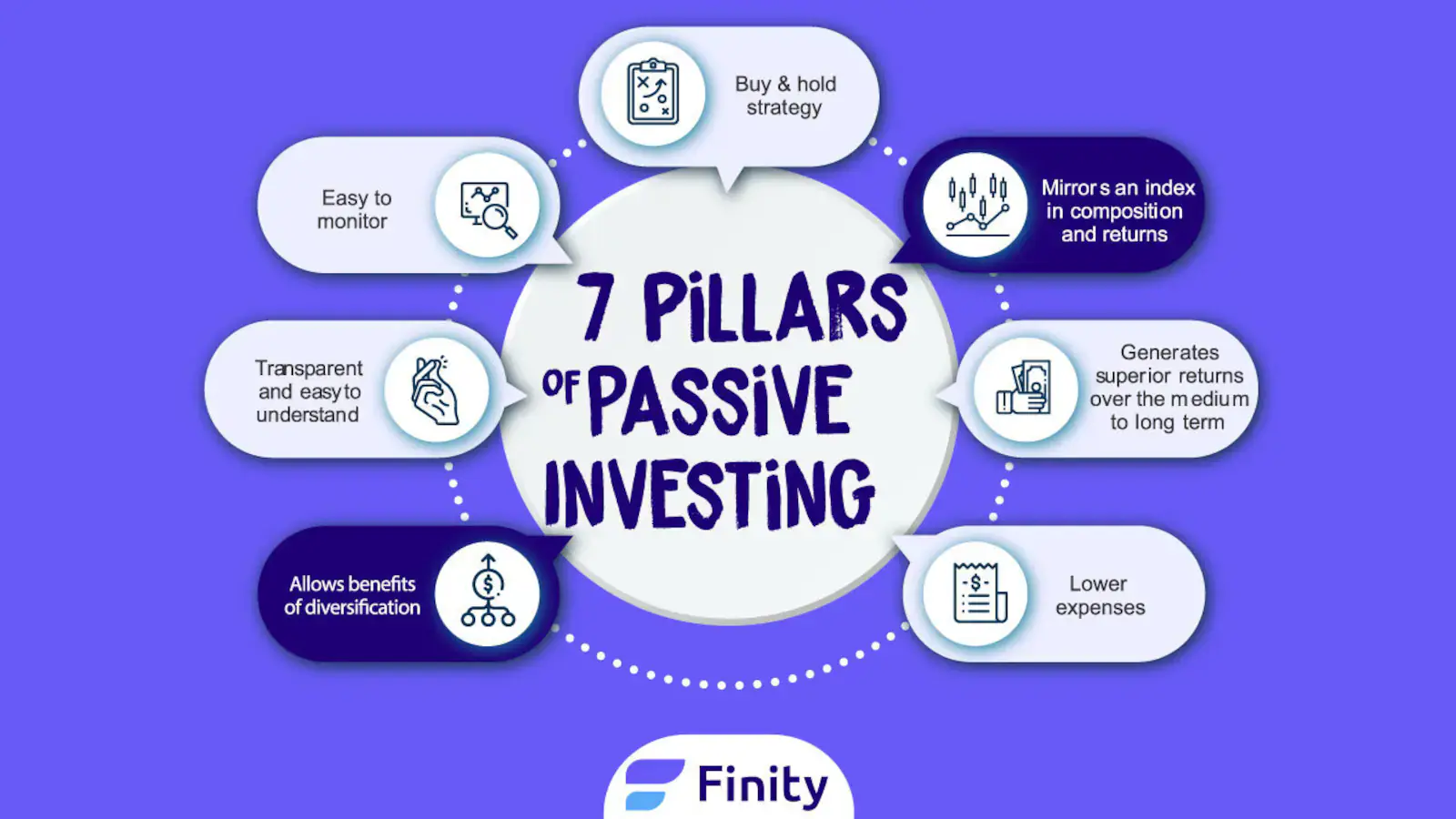- Home >
- Sport
- > Activities
Money Made Simple: Build a Secure Financial Future Without the Stress
Money touches almost every part of our lives — from daily coffee runs to unexpected emergencies.Yet for many people, personal finance feels complicated, even intimidating.The truth? Anyone can take control of their money with a few simple, science-backed habits.

1. Budgeting: Give Every Dollar a Job
Wonder why your paycheck disappears so quickly? The answer often lies in not having a plan.
- Break your monthly income into categories: needs, wants, and savings/investments.
- Set spending limits for each — like putting a cap on a water flow.
- Use free budgeting apps to track and adjust in real time.
Budgeting isn’t about restricting yourself — it’s about making sure your money goes where it matters most.
2. Emergency Savings: Your Financial Safety Net
Life is full of surprises: job loss, car trouble, sudden medical bills.
- Aim to save 3–6 months’ worth of living expenses in an easily accessible account.
- Start small — even $50 a month adds up over time.
When emergencies strike, you’ll thank yourself for preparing.
3. High-Interest Debt: The Hidden Money Drain
Credit card debt can have interest rates above 20% annually — a costly leak in your finances.
- Pay off debts with the highest interest first (the “avalanche method”).
- Avoid taking on new high-interest loans until the old ones are gone.
Every high-interest balance you eliminate frees up more money for your future.
4. Investing: Make Your Money Work for You
Saving preserves wealth; investing grows it.
- Beginners can start with index funds or ETFs for broad, low-cost exposure.
- The earlier you start, the more you benefit from compound growth.
Think of investing as a marathon, not a sprint.
5. Insurance: The Financial Umbrella
Insurance doesn’t make you rich — it keeps you from losing everything at once.
- Basic coverage includes health, disability, life, and property insurance.
- Review your policies yearly to make sure they still fit your needs.
It’s like having a fire extinguisher: you hope you never use it, but it’s essential.
6. Financial Literacy: Keep Your Money Skills Fresh
Personal finance changes fast — new tools, new risks, new opportunities.
- Read books, follow reputable finance blogs, or listen to educational podcasts.
- Learn to separate real advice from sales pitches.
Tips:
A financially savvy person doesn’t just save — they keep learning.
Financial security isn’t about luck — it’s about building habits that protect and grow your money over time.
Start with a budget, add an emergency fund, reduce debt, invest wisely, protect yourself with insurance, and never stop learning.
Your financial future will thank you.












